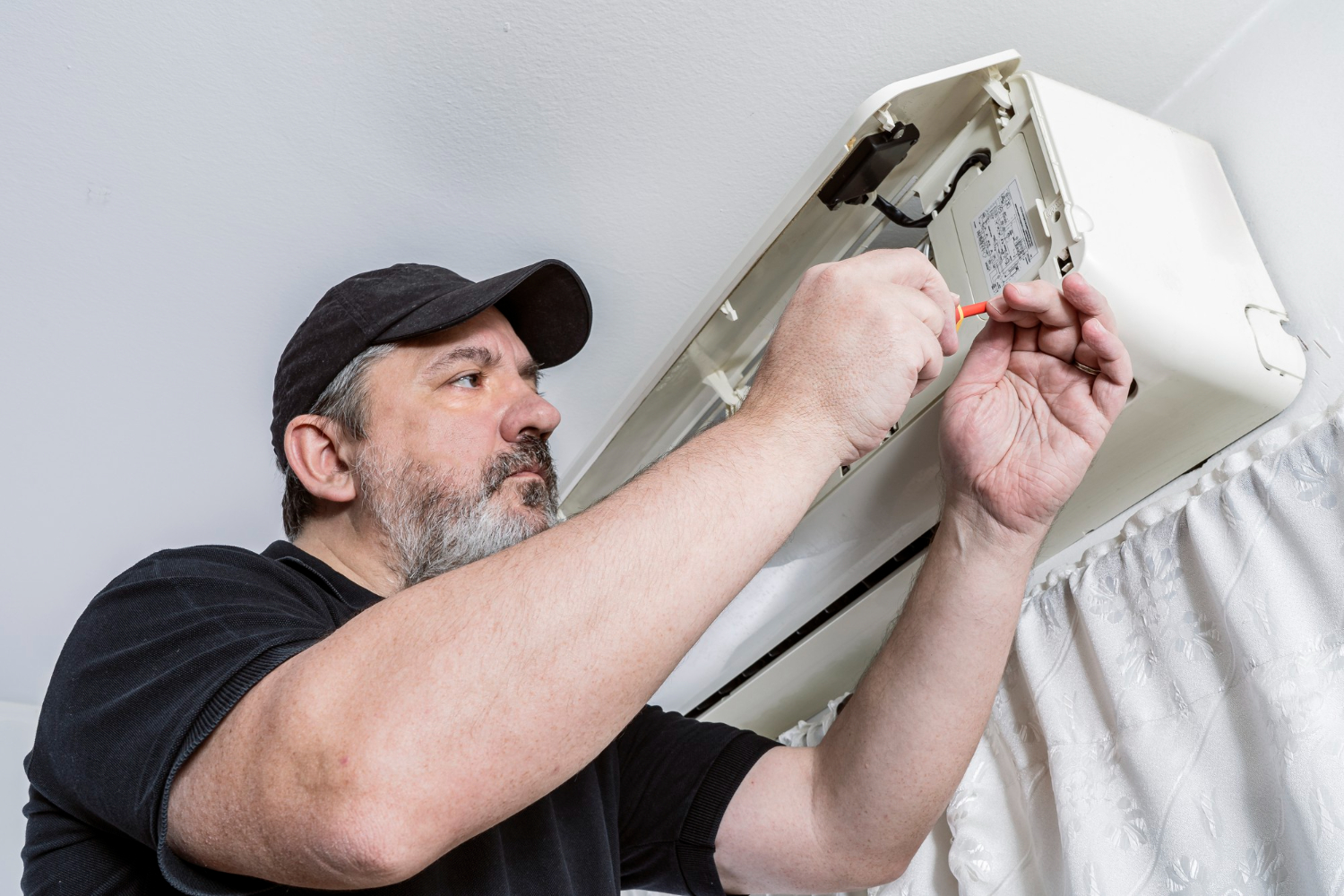Air conditioning systems play a crucial role in maintaining our comfort, especially during hot summer months. While these systems work hard to keep our homes cool and comfortable, they often go unnoticed until an issue arises. To avoid unexpected breakdowns and ensure your air conditioning system remains reliable and efficient throughout its life, it is essential to invest in routine AC home inspections.
A professional AC home inspection typically involves a thorough assessment of your air conditioning system, evaluating all its components, including the outdoor condenser unit, indoor evaporator coil, air filters, ductwork, and thermostat. These checks are designed to ensure that your system is operating correctly and efficiently, and that any potential issues are identified and addressed before they become significant problems.
Proactive maintenance, like AC home inspections, not only helps to extend the lifespan of your system but also contributes to improved energy efficiency, which can result in lower energy bills. By identifying and fixing small issues early on, home inspections help to prevent more severe malfunctions that can lead to extensive damage to your system, costly repairs, or even the need for a replacement.
The Importance of Routine AC Home Inspections
Regular AC home inspections are crucial to the overall health and longevity of your air conditioning system. By scheduling consistent check-ups with a trusted HVAC professional, you can enjoy myriad benefits, including increased energy efficiency, cost savings, and a comfortable, healthy home. Routine inspections allow you to address small issues before they escalate, ensuring your system remains reliable and efficient throughout the year.
Key Components of a Comprehensive AC Home Inspection
An AC home inspection involves a detailed, systematic examination of your air conditioning system’s various components. Some of the primary elements that professionals assess during these inspections include:
- Outdoor condenser unit: The outdoor condenser unit is responsible for releasing heat absorbed from your home’s interior. Over time, dirt, debris, and other obstructions can accumulate, reducing the unit’s efficiency. An inspector will check for blockages, clean the coils, and assess the condition of the unit to ensure it is working optimally.
- Indoor evaporator coil: Your indoor evaporator coil plays a vital role in absorbing heat and humidity from your home, so it is crucial to ensure it is functioning correctly. Inspectors examine the coil for any signs of wear, such as rust, corrosion, or leaks, and clean it accordingly. A well-maintained coil is essential for energy-efficient and consistent cooling performance.
- Air filters: Clean air filters are necessary for proper airflow and air quality. During an AC home inspection, our technician will examine your system’s air filters for any signs of blockages, dirt accumulation, or damage. If necessary, they will replace or clean the filters to maximize efficiency and indoor comfort.
- Ductwork: Your air conditioning system’s ductwork is responsible for distributing cool air throughout your home. Over time, it may become clogged or leak, reducing the system’s efficiency. During an inspection, our technician will check the ducts for obstructions, leaks, and insulation issues, addressing any problems they may find.
- Thermostat: As the primary control for your air conditioning system, your thermostat must function correctly to maintain a comfortable indoor temperature. During a home inspection, HVAC professionals will check for proper thermostat calibration, ensuring that it effectively regulates your system.
AC Home Inspections: Reducing Energy Consumption and Lowering Bills
One of the most significant benefits of routine AC home inspections is their direct impact on your energy bills. By identifying and addressing potential issues, reputable HVAC professionals can help you maintain an efficient and high-functioning system, resulting in lower energy consumption. This not only reduces your monthly bills but also lessens your home’s carbon footprint, making it an eco-friendlier option.
Moreover, increased energy efficiency means less strain on your air conditioning system, which in turn reduces wear and tear, prolonging its lifespan. In the long run, regular AC home inspections can save you money on both energy bills and replacement costs.
Ensuring a Healthy and Comfortable Indoor Environment
The air quality within your home plays a crucial role in maintaining a healthy and comfortable living environment. A well-functioning air conditioning system not only cools your space but also removes excess humidity, filters out pollutants, and circulates fresh air.
During a professional AC home inspection, our technician checks the air filters, indoor evaporator coils, and ductwork, ensuring there are no dust, debris, or mold accumulations. They will also test for proper humidity levels and airflow. This thorough assessment ensures your air conditioning system works optimally to maintain a healthy, comfortable living environment.
The Value of AC Home Inspections
By investing in routine AC home inspections, you can ensure your air conditioning system remains reliable, efficient, and long-lasting. These inspections are critical in identifying potential issues that could hinder the performance of your system and lead to costly repairs or replacements. Furthermore, regular inspections can help to reduce energy consumption, lower your bills, and maintain a healthy indoor environment for your family.
Don’t wait for problems to appear—optimize your system’s efficiency with Carl’s Quality Cooling and Heating LLC. Schedule an AC service in Bentwater, TX, including an AC home inspection to have our team of expert technicians assess your system’s condition and provide the necessary solutions to keep it running at its peak performance!





